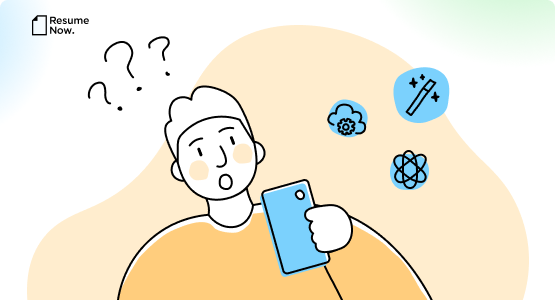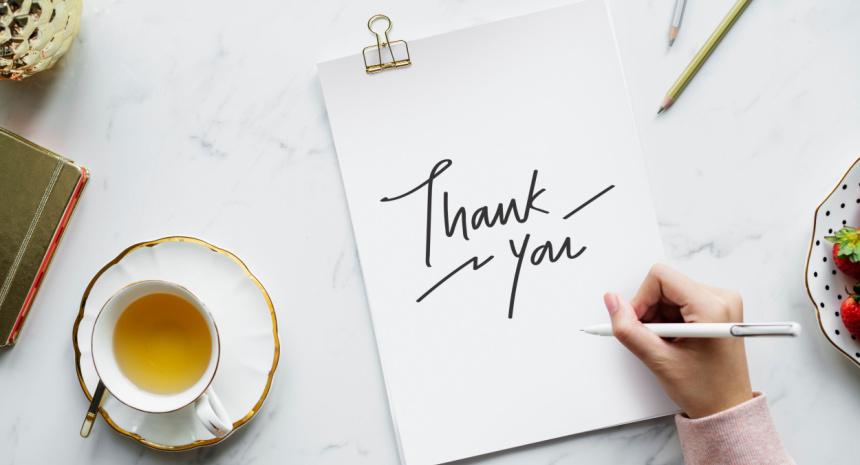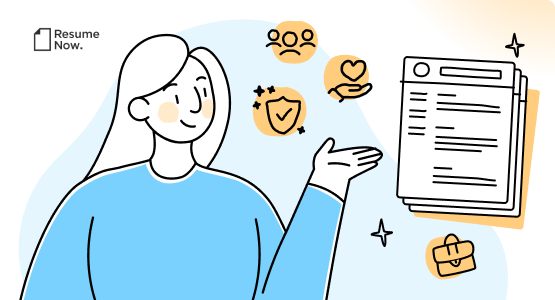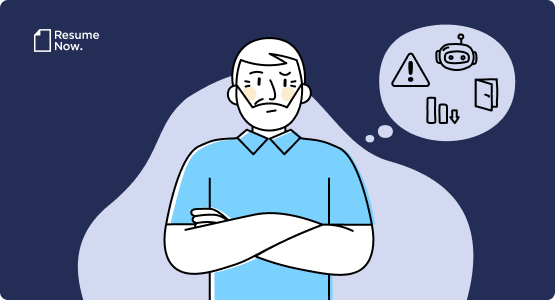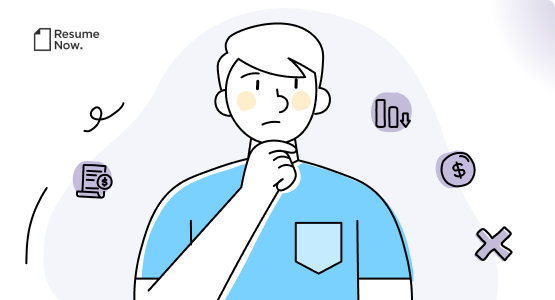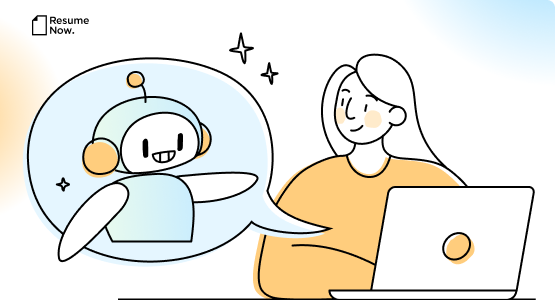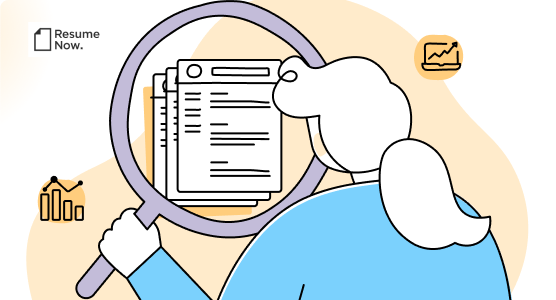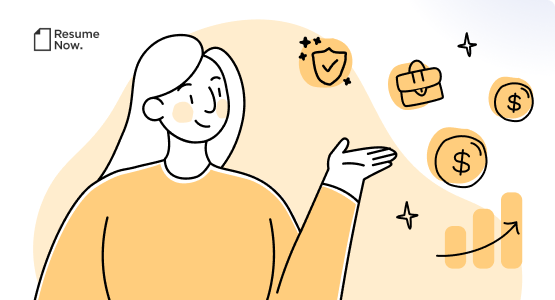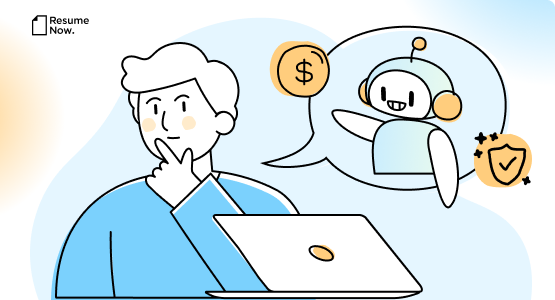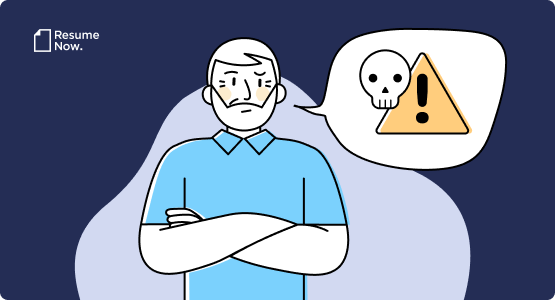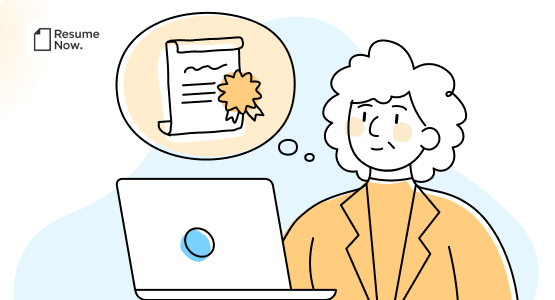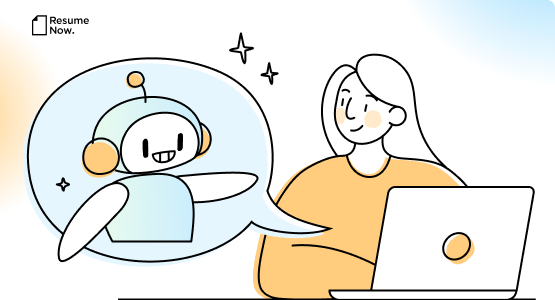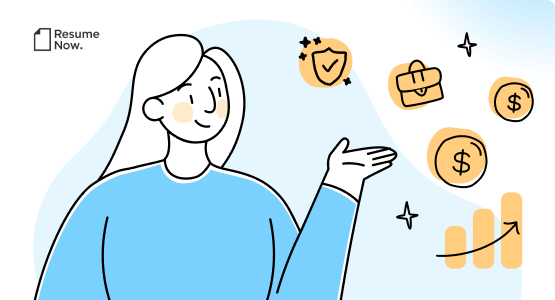Career Advice
All Articles
Career Resources
Career Development Tips
Sort by
×
Author
×
Sort
- All
- Most Recent
- Oldest
- Careers • January 13, 2026
AI-Resistant Careers Index 2026: 20 Jobs That AI Can’t Replace
- Careers • January 12, 2026
60% of U.S. Workers Expect AI to Eliminate More Jobs Than It Creates in 2026
- Careers • January 05, 2026
Cost of Living Crunch: 92% of Americans Cut Back Spending in 2025
- Careers • December 04, 2025
The Great Workplace Reckoning: How 2025 Burned Out Workers & What’s Next for 2026
- Careers • November 20, 2025
AI Trends Heading Into 2026: Resume Now’s Year in Review
- Careers • October 30, 2025
Only 1 in 10 Resumes Include Measurable Results, New Analysis of 18.4M U.S. Resumes Finds
- Careers • October 21, 2025
Top Entry‑Level Careers That Are Fast‑Growing, Higher‑Paying, and AI‑Resistant
- Careers • October 09, 2025
63% Expect AI’s Role in Compensation to Grow Significantly in the Next 5 Years
- Careers • September 23, 2025
The Most Dangerous Jobs in America: Some Pay Less Than $40K, Others Top $190K
- Careers • September 11, 2025
Still in the Game: 9 in 10 Older Workers Are Upskilling to Stay Competitive
- Careers • September 04, 2025
The AI Boss Effect: 97% of Workers Have Asked ChatGPT for Advice Instead of Their Manager
- Careers • August 29, 2025
Resume Now Spotlights 14 High-Innovation, High-Growth Jobs That Pay $60K+
